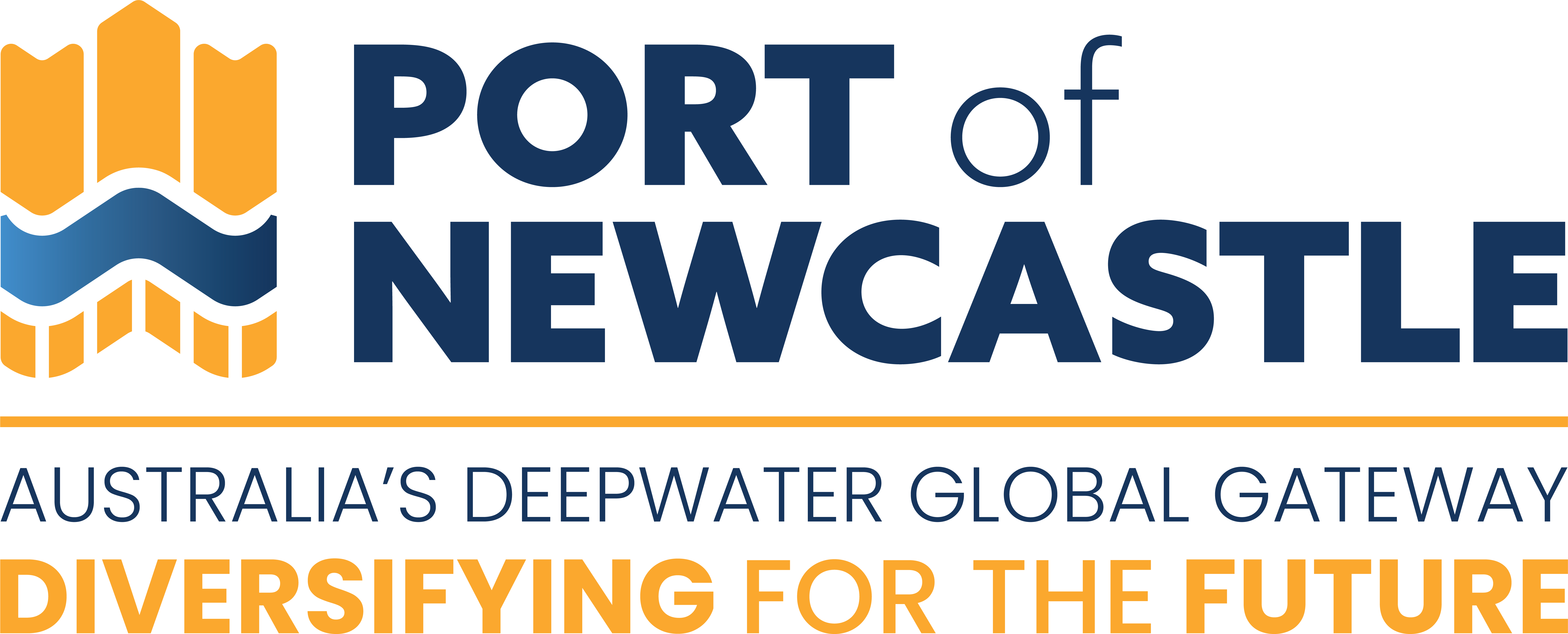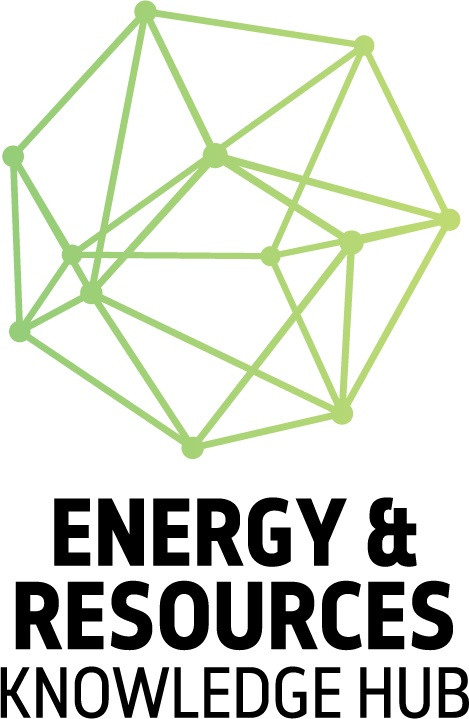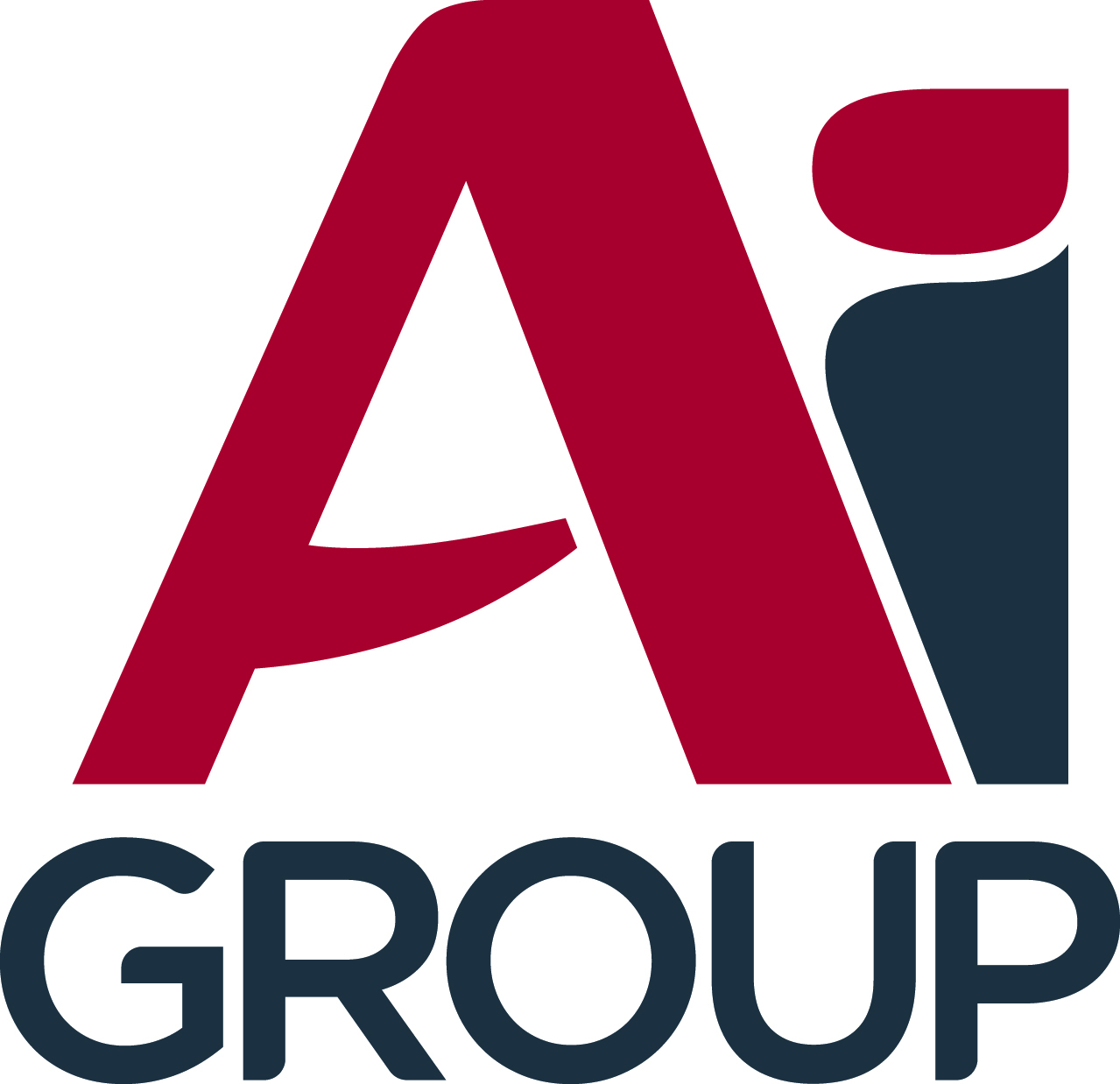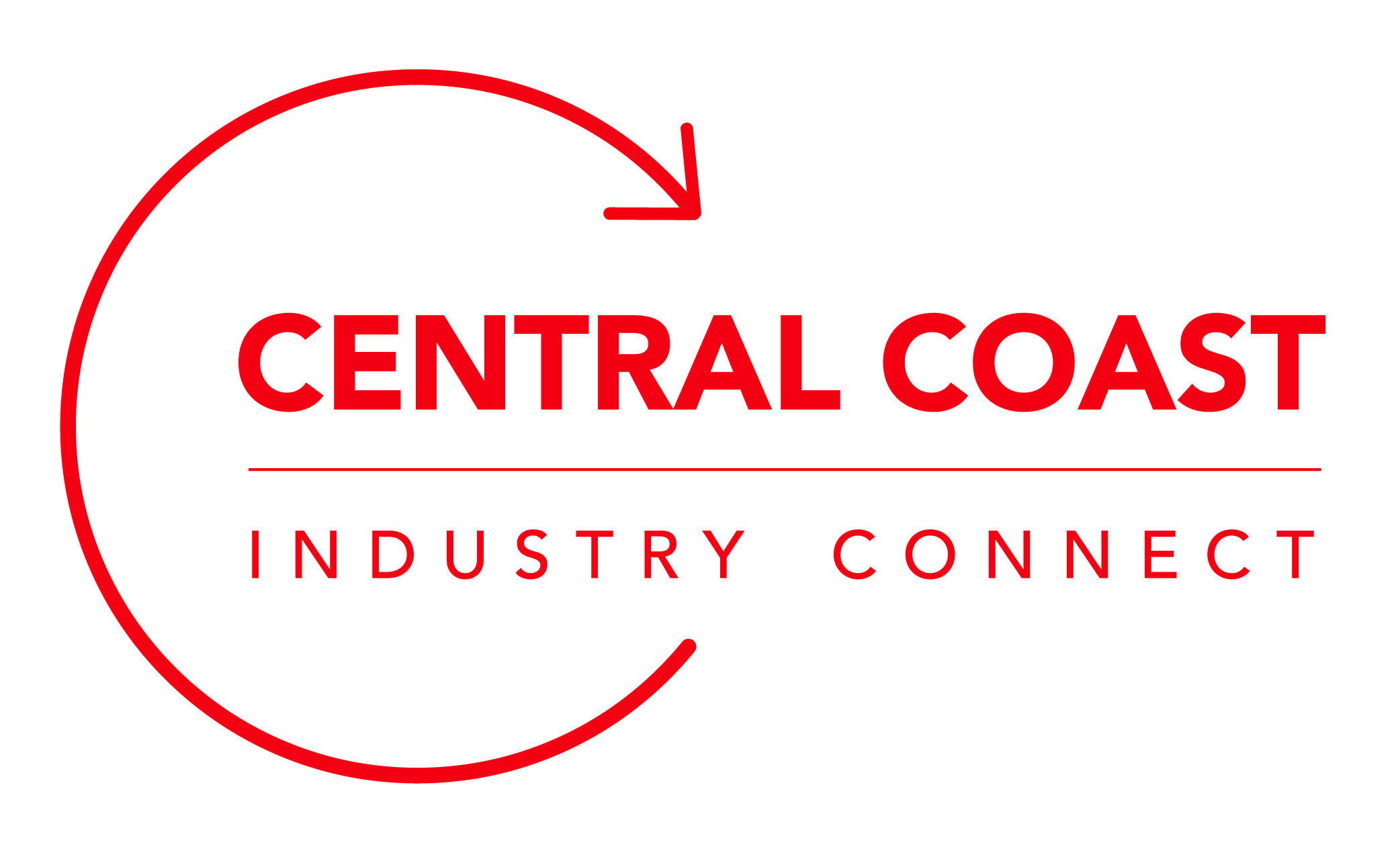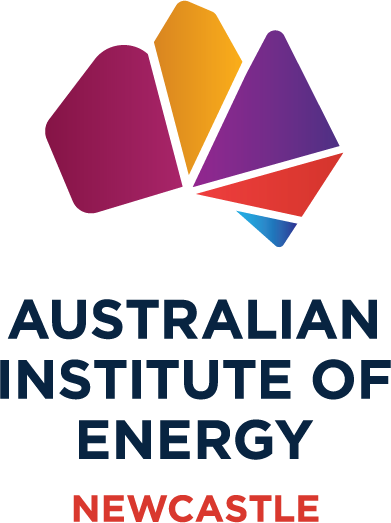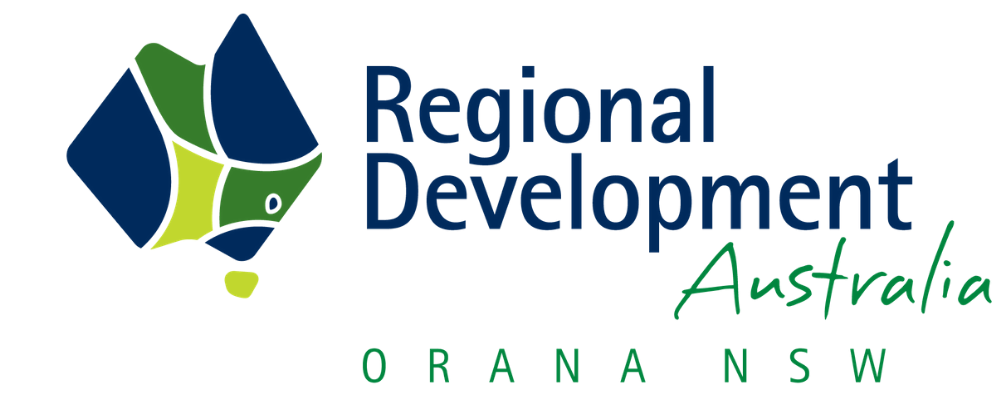Engineers Australia and Deakin University launching hydrogen micro-credentials to address skills shortage
Engineers Australia, through EEA and Deakin University, is developing a series of hydrogen energy micro-credentials to upskill engineers and support Australia's clean energy transition amid a talent shortage in the hydrogen sector.
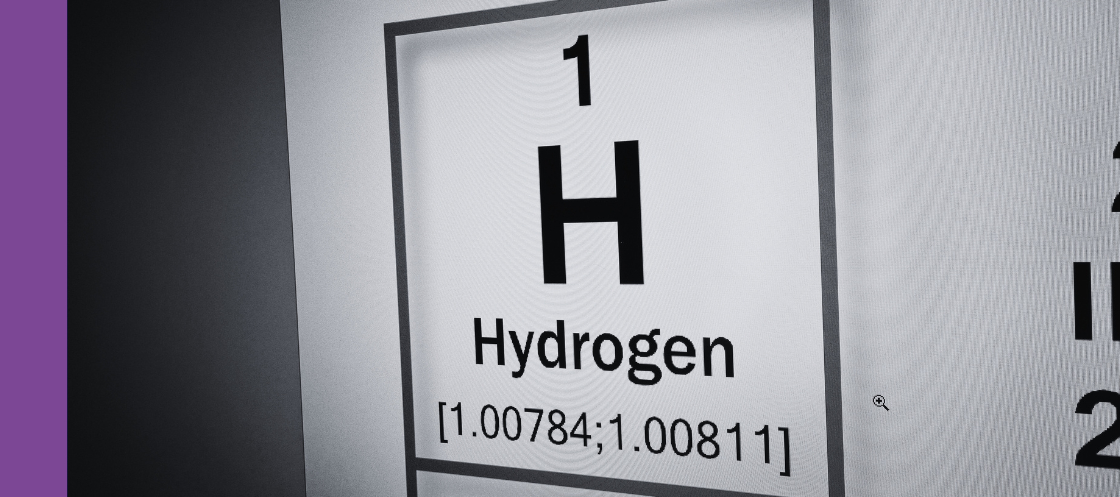
Engineers Australia, in collaboration with Deakin University, will launch a set of hydrogen energy micro-credentials to boost the skills of the engineering workforce, playing a role in Australia’s shift towards clean energy and net zero emissions. The initiative addresses the lack of qualified professionals in the hydrogen sector, an area crucial to the country's renewable energy future.
Through Engineering Education Australia (EEA), the training provider for Engineers Australia, the project will offer four micro-credentials and a webinar. These are designed to fill knowledge gaps for professionals working across multiple industries, including energy, transport, planning, and government sectors. The suite will cover:
- Handling Hydrogen for Engineers
- Hydrogen Fuel Cell Operation, Safety and Maintenance
- Hydrogen Electrolysers
- Hydrogen in the Built Environment
- Hydrogen and Social Responsibility for Engineers (Webinar)
“Research shows a severe talent shortage in hydrogen engineering is impacting our path to net zero,” said Joel Evans, Head of EEA. “These micro-credentials can bridge that gap by equipping engineers with the skills they need. Partnering with Deakin University allows us to offer practical, industry-focused education to support the profession’s leading role in Australia’s shift to clean energy.”
In 2022, researchers at Hycel, Deakin’s hydrogen technology hub, and the School of Engineering began exploring what knowledge and skills are necessary to build a safe and reliable hydrogen workforce. The research included a literature review and industry interviews, revealing the importance of co-designing hydrogen-focused curricula with input from real-world practitioners.
Professor Tiffany Walsh, Director of Hycel, stated, “Deakin is delighted to partner with EEA to upskill engineers for the growing domestic hydrogen economy. This builds on Deakin’s track record in hydrogen education, including in primary and secondary schools, with our TAFE partners in vocational training, for emergency response workers, and now for engineers to confidently design, plan, build, and operate hydrogen systems.”
Supported by the Australian Government through the Local Jobs Program, the training program is expected to be completed by June 2025, helping to meet the demand for skilled hydrogen professionals in a timely manner.



